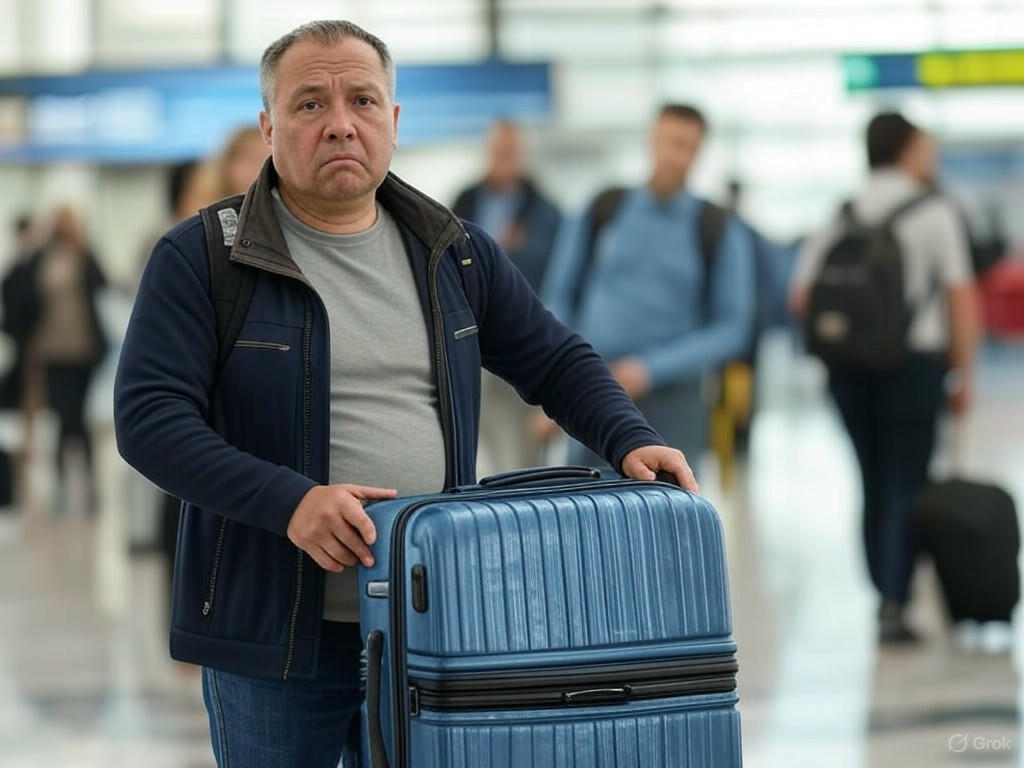EU Takes Aim at Budget Airline Baggage Chaos with New Legal Proposal
The world of budget air travel, often celebrated for its low fares, has long been a source of frustration for passengers due to inconsistent baggage policies. A single underseat bag, once a simple travel essential, has become a symbol of confusion as airlines impose varying rules on size, weight, and fees. Now, the European Union is stepping in with a bold proposal to streamline these regulations, potentially reshaping the budget airline industry across the continent.
For years, travelers booking with low-cost carriers have faced a patchwork of policies that differ not just between airlines but sometimes even between flights operated by the same company. One airline might allow a small backpack free of charge, while another charges a hefty fee for anything beyond a personal item. These discrepancies have led to countless disputes at boarding gates, with passengers often forced to pay unexpected fees or repack their belongings under pressure. The frustration has reached a boiling point, prompting consumer advocacy groups to demand clearer, fairer rules. The EU’s latest legislative push aims to address these grievances by mandating standardized guidelines for underseat luggage across all budget airlines operating within its member states.
Under the proposed law, airlines would be required to adhere to uniform dimensions and weight limits for carry-on items that fit under the seat, eliminating the guesswork for travelers. Additionally, the EU is considering measures to ensure transparency in pricing, so passengers are fully aware of any potential costs before booking. This move is seen as a win for consumer rights, but it has sparked a heated debate within the aviation sector. Budget airlines argue that their business model relies on the flexibility to charge for extras like baggage, which keeps base fares low. They warn that rigid regulations could force them to raise ticket prices, undermining their competitive edge. On the other hand, supporters of the proposal counter that clarity and fairness should not come at the expense of affordability, urging airlines to adapt rather than resist.
The legal row unfolding in Brussels is more than just a dispute over bag sizes; it reflects broader tensions between consumer protection and corporate freedom in the rapidly evolving travel industry. If passed, this legislation could set a precedent for other regions to follow, potentially influencing global standards for low-cost carriers. For now, passengers are watching closely, hopeful for a future where boarding a flight doesn’t feel like navigating a maze of hidden rules and fees. As the EU debates this transformative policy, one thing is clear: the humble underseat bag has become an unlikely battleground for fairness in air travel, with implications that could redefine how millions of people pack and fly.


